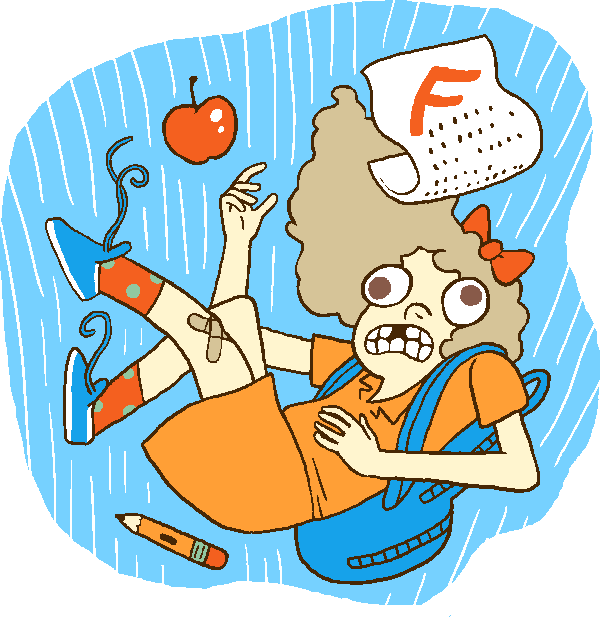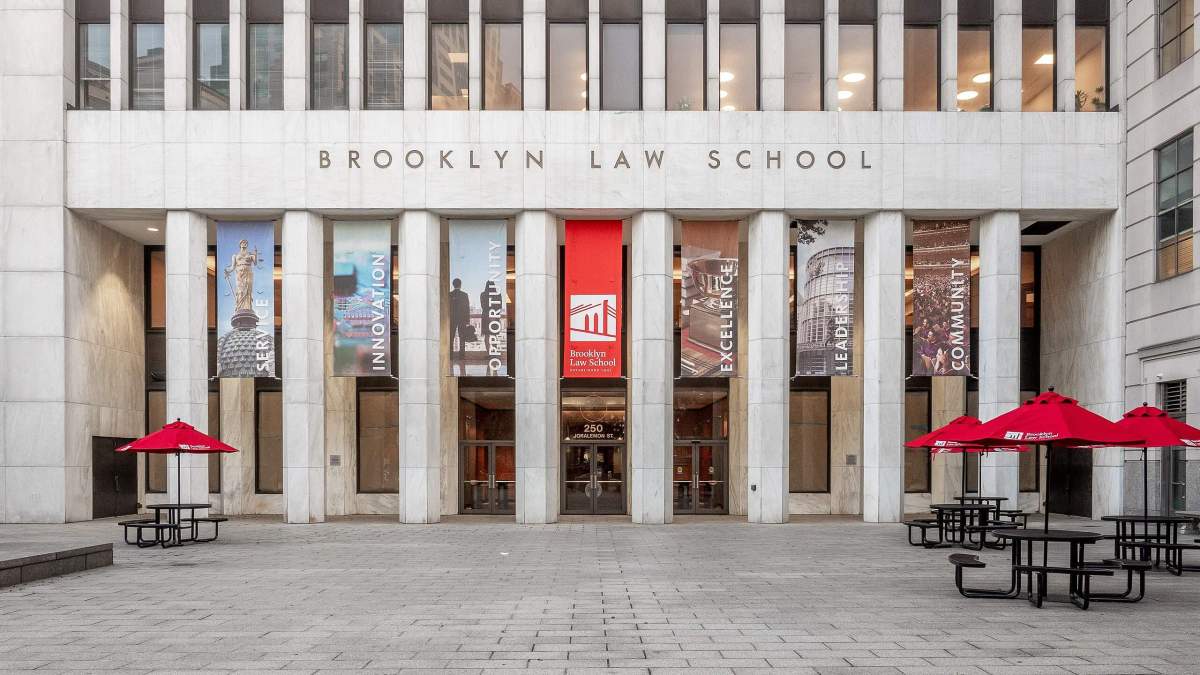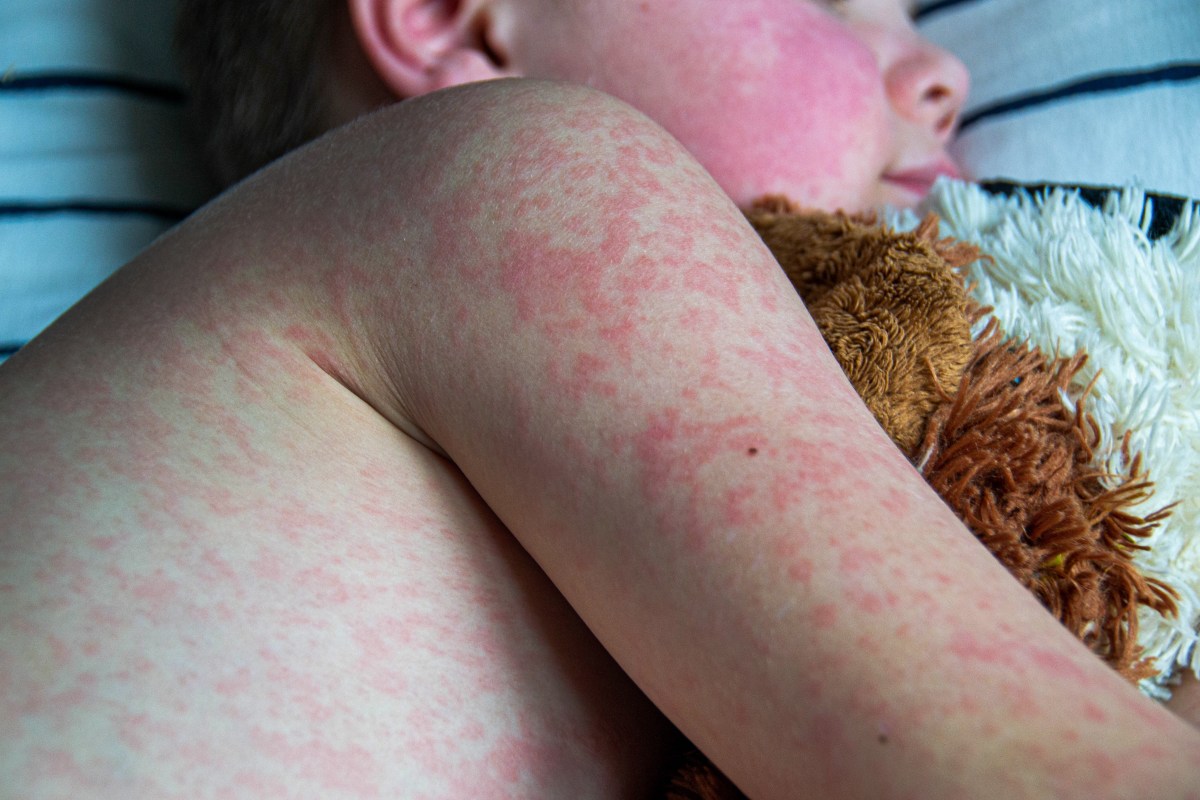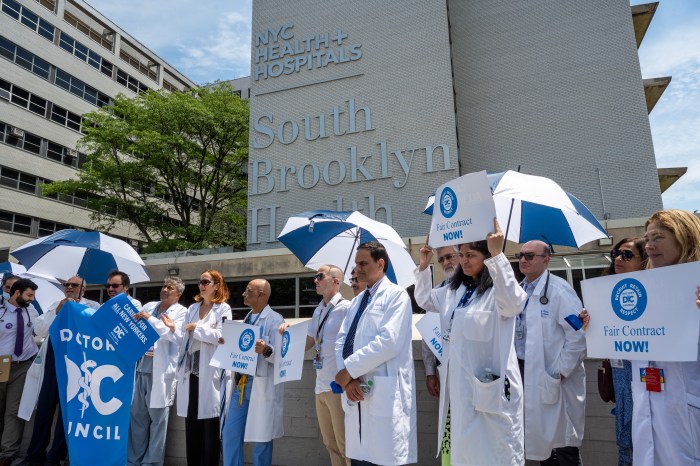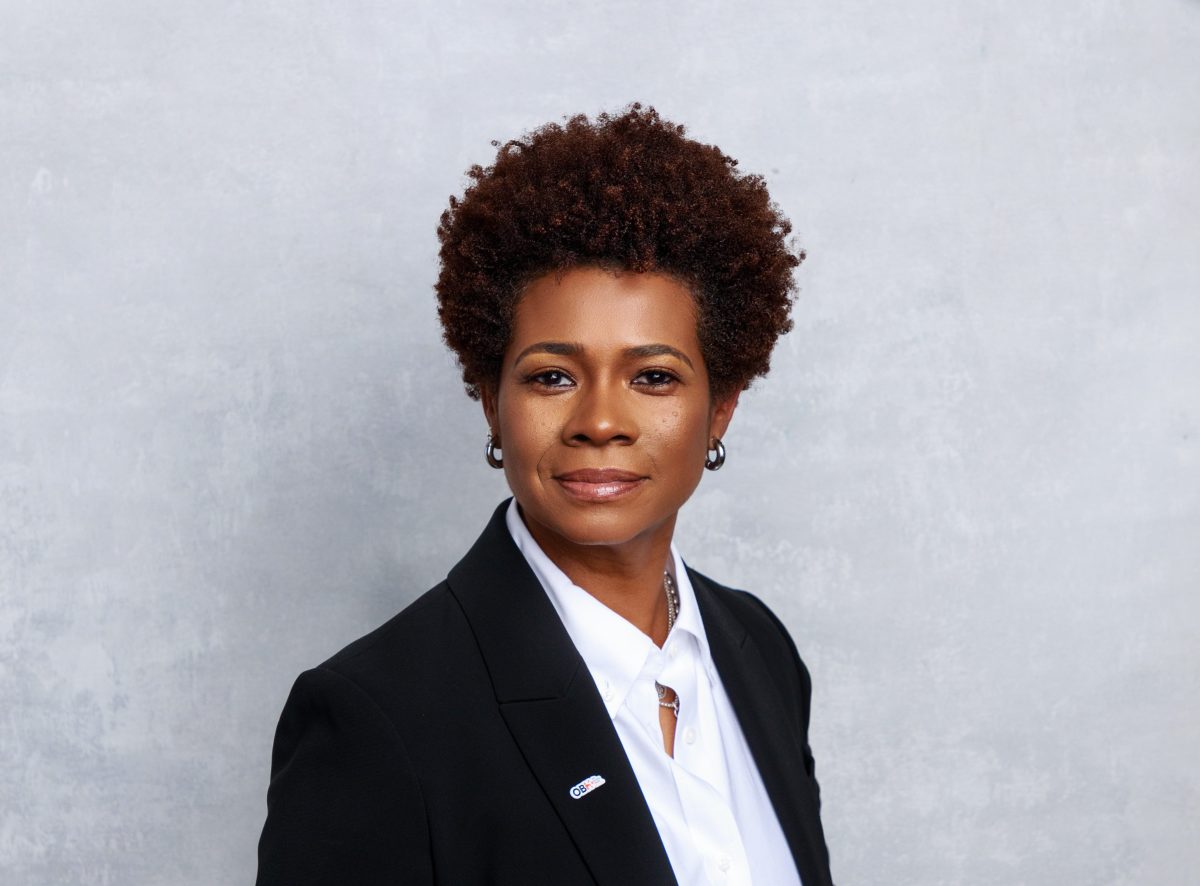A number of students, staff and alumni at the Brooklyn Law School are fighting to change the institution’s COVID vaccine disability exemption policy after at least two students say they were forced to leave the school temporarily or permanently when their medical exemptions were denied.
More than 100 students, staff, and even local politicians signed onto a petition sent to BLS Dean Michael Cahill last month, urging him to reconsider the policy before the fall term begins on Aug. 29. The signatories are essentially asking the school to broaden their exemption standards for students with disabilities who are medically unable to receive the vaccine, which they say is the standard at many comparable law schools.
Vaccine exemption applications denied
Last summer, weeks before the school year was set to start at BLS, two students — Caraline Mikkelsen and Brianna Baker — found out their medical exemptions for the school’s mandatory COVID vaccination policy had been denied, despite recommendations from both of their doctors that they skip the shot.
The pair, who didn’t know each other at the time, were left scrambling. Baker, who was left with a heart condition that makes her more susceptible to aneurysms and myocarditis after treatment of a childhood health condition, had her doctor send more documentation to the school, hoping to change their minds. She had been planning to get the vaccine until her doctor advised against it, she said.
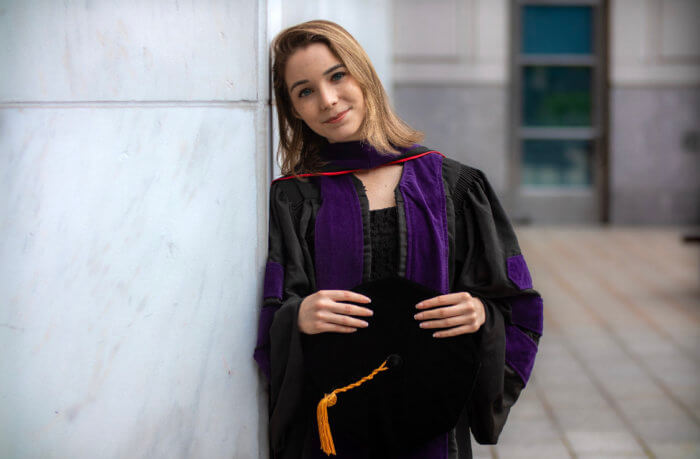
Mikkelsen, who was diagnosed with Post-Traumatic Stress Disorder and medical phobias after her brother’s death, appealed the school’s denial, submitting more documentation including an evaluation from a neuropsychologist. The appeal was eventually denied.
“I begged for an online option,” Baker said. “They said I could either sit as a visiting student at another university or forfeit my degree.”
The school was planning to end remote classes, leaving the students without options for continuing on in Brooklyn. Mikkelsen was able to secure a remote spot as a visiting student at Wake Forest University’s law school, while Baker transferred out to Liberty University in Virginia.
Baker’s move was pricey, she said. She had to pay to break her lease in New York and find a place to live in Virginia in just a few days, leaving all her furniture in Brooklyn.
“I made the move from New York to Virginia in the weekend and in the process incurred about $20,000 in debt just to finish one semester because they couldn’t do anything to accommodate students who have physical disabilities,” Baker said. “It’s not like I would break out in a rash if I got the vaccine, my heart could literally stop.”
Both students said they were willing to continue to wear masks indoors and get regular COVID tests if they were able to attend school without receiving the vaccine.
In the spring, Mikkelsen was granted the ability to take remote classes and take her exams at BLS and “make arrangements” to finish her program. Then, she got a message from the school’s COVID coordinator letting her know the card she uses to swipe in and out of campus buildings had been reactivated, and she was able to register for the summer semester.
Thinking everything had been settled, she enrolled in and started attending a summer class — before someone at the school realized she had “slipped through the cracks” and deactivated her card, leaving her without a way to finish the course and pulling the rug out from under the future of her education at BLS.
Mikkelsen, Baker, and the other supporters of the petition aren’t trying to wipe away the vaccine requirement altogether, Mikkelson explained, just clear the path for students with disabilities.
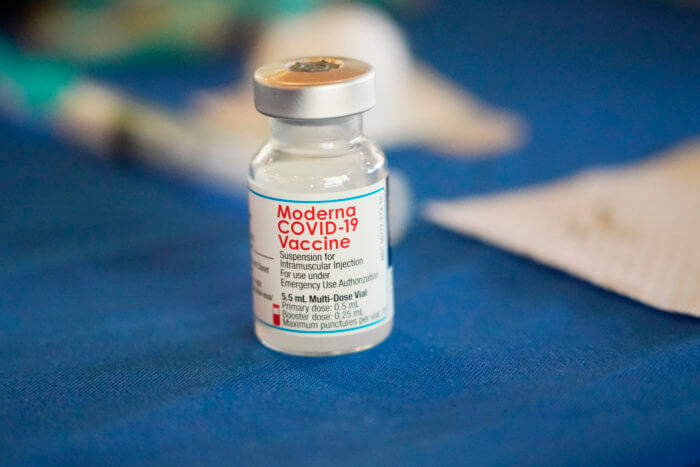
Once she was settled at Wake Forest, Mikkelsen started researching the vaccine exemption policies of the top 14 law schools in the country, including the University of California, Berkeley. She found that most schools had a contraindication standard in their vaccine exemption policy — if the shot would cause more harm than good, the student’s exemption would be approved. Some had a catch-all provision: even if the student didn’t meet the contraindication standard, if they had a pre-existing condition that would prevent them from receiving that vaccine, they would be exempt.
Those policies are largely aligned with the federal Americans with Disabilities Act, Mikkelsen said. Their exemption form — which she attached to her petition as an example of a more inclusive policy — specifically states that if a doctor advises against the vaccine, the student is eligible for an exemption
“I just feel so strongly that law schools should be leading the way in protecting students with disabilities,” Mikkelsen said. “They set the bar that everyone else follows. And it’s like, they shouldn’t just be discriminating to the extant that they believe the law allows.”
Meeting Baker was a turning point for Mikkelsen, who was dismayed by the fact that another student was facing the same challenges and realized the fight was larger than herself.
COVID coordinators and the disability office
Baker and Mikkelson said they both struggled to get in touch with the school’s COVID coordinators as they applied for — then tried to understand the denial of — their exemptions. Baker’s denial letter argued that the vaccine is recommended for people with Kawaski’s disease — the condition that left Baker with “shrunken” arteries.
But the Kawaski’s disease wasn’t the reason she applied for the exemption, Baker explained, just the reason she has heart issues. The school also said that she had not submitted an EKG that would show irregularities in her heartbeat, but her heartbeat is largely normal, she said, and she was not able to get an appointment to get a sonogram — the kind of scan that would physically show her heart issues — in a timely manner.
When Kacy Vance, co-chair of the Disability Advocate Law Students Association at BLS, heard about the issues students were having with their disability-related vaccine exemptions, she wasn’t surprised.
“What we do as a group is we basically provide support to each other because the disability accommodations process at school is really, really restrictive and not helpful,” Vance said.
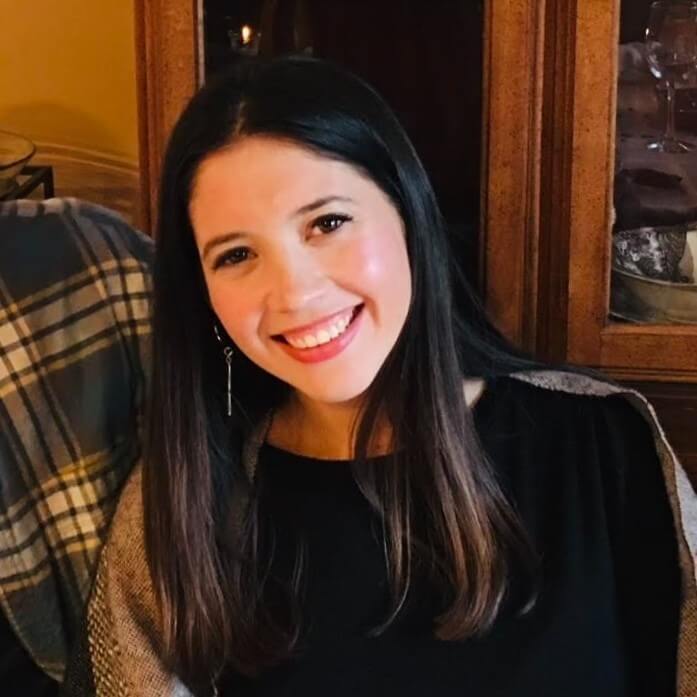
Students’ requests for accommodations are approved by the person at the BLS, she said, then reviewed by a third party, who decides which accommodations will actually be granted. The students don’t know who the third-party reviewer is and never speaks to that person, Vance said. DALSA created a survey for disabled students at BLS and shared the results with the administration.
“A lot of students said they didn’t feel valued at the school, they didn’t feel students with disabilities are welcomed,” she said. “Students have felt very isolated and saw that the only way that we get the things that we need are from other students. Disabled students have to not only advocate for themselves, but advocate for others.”
The group has asked the school to create a disability office or at least appoint a specific advocate for students with disabilities, Vance said, but things are moving slowly. While she was encouraged by Cahill’s response to the petition, she said, DALSA has been having very similar conversations with the school for three years.
“I think the school is with us, and I think the school understands, I just think that they are very slow in getting things done and I don’t think that time is a luxury that our students have,” Vance said. “Hopefully they can step it up.”
In a statement, Cahill and BLS president Joseph Crea Dean told Brooklyn Paper they would review the petition and respond directly to students.
“As the petition notes, our existing policy, under which medical exemption requests are given an independent medical review, is also followed by many other higher-education institutions,” they said. “Our policies and procedures are developed, and regularly reviewed, in an effort to promote student well-being, ensure effective education, and comply with all applicable law.”
Returning to school
A few weeks after she sent the petition, Mikkelsen met with Cahill and the school’s vice dean Miriam Baer to explain her situation. Cahill said the school was putting together a committee of faculty members who would work alongside the administration to craft the school’s vaccine policies, which Mikkelsen said felt like a positive sign.
“The thing that’s good about the administration that I can say is they’re willing to listen,” Mikkelsen said. “They are receptive to students and faculty.”
On Aug. 12, Mikkelson got an update. She would be allowed to attend in-person classes and finish her education at BLS for the fall term, so long as she agreed to take a weekly PCR test, wear an N95 on-campus at all times, and take her exams — when students will be sitting together in the same room for a long stretch — separately from her peers.
She decided to accept the terms, and will be starting classes with her peers later this month, but intends to keep pressuring the administration to make the necessary changes.
Mikkelsen said she would like there to be more transparency regarding the faculty-run committee. Specifically, she would like to know if the committee plans to issue their policy changes before the start of the school year; who would be on it, and how they plan to come up with future policy changes; and whether or not they will accept feedback from students or student-run groups like DALSA.
“I’m grateful that they were able to take a look at my circumstance from a singular, individualized perspective, because that’s actually what the ADA requires,” Mikkelsen said. “I just want to reiterate that the purpose of the petition was not only to advocate for myself as a student with a disability, but for others. So I would like to see reflected in their policies — for exemptions and for accommodations — changes that better protect students with disabilities.”


